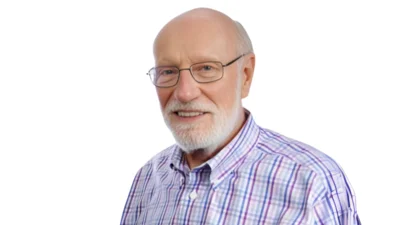Molly Jenkins, Director of Public Affairs for the Pharmaceutical Research and Manufacturers of America (PhRMA), said that 340B entities can mark up medicines by over 1,000%, prescribe more expensive drugs, are less likely to use biosimilars, and often direct patients to higher-cost settings. This statement was made on the PhRMA website.
"Evidence shows that 340B entities markup medicines by as much 1,000% or more, prescribe more expensive medicines, are less likely to prescribe biosimilars and drive patients towards more expensive settings," said Jenkins.
According to a 2024 report by the National Alliance of Healthcare Purchaser Coalitions, prices at large hospitals participating in the 340B program were found to be 35% higher on average for common outpatient services compared to non-340B hospitals. The report estimated that this pricing gap results in an additional $36 billion in annual healthcare costs for employers. These findings were based on an analysis of commercial claims data from over 25 million American workers and their families.
A study published in 2023 in the Journal of Managed Care & Specialty Pharmacy indicated that hospitals within the 340B program often do not provide direct discounts to patients. Instead, program savings are frequently retained by institutions rather than being used to lower patient costs. The study concluded that increased oversight could improve alignment with the program’s original intent.
According to JAMA Health Forum, hospitals participating in the 340B program have been more likely to acquire independent physician practices, resulting in increased hospital-based outpatient care. This trend has raised concerns about potential cost increases and shifts in care delivery as stakeholders continue to debate the implications for patient care and healthcare costs.
Jenkins serves as Director of Public Affairs at PhRMA, focusing on communication strategies related to healthcare cost and value. She previously worked in issue advocacy and held communication roles with Representative Greg Walden and the House Energy and Commerce Committee. Jenkins holds a Master of Arts degree in Health Communication from Johns Hopkins University.











 Alerts Sign-up
Alerts Sign-up